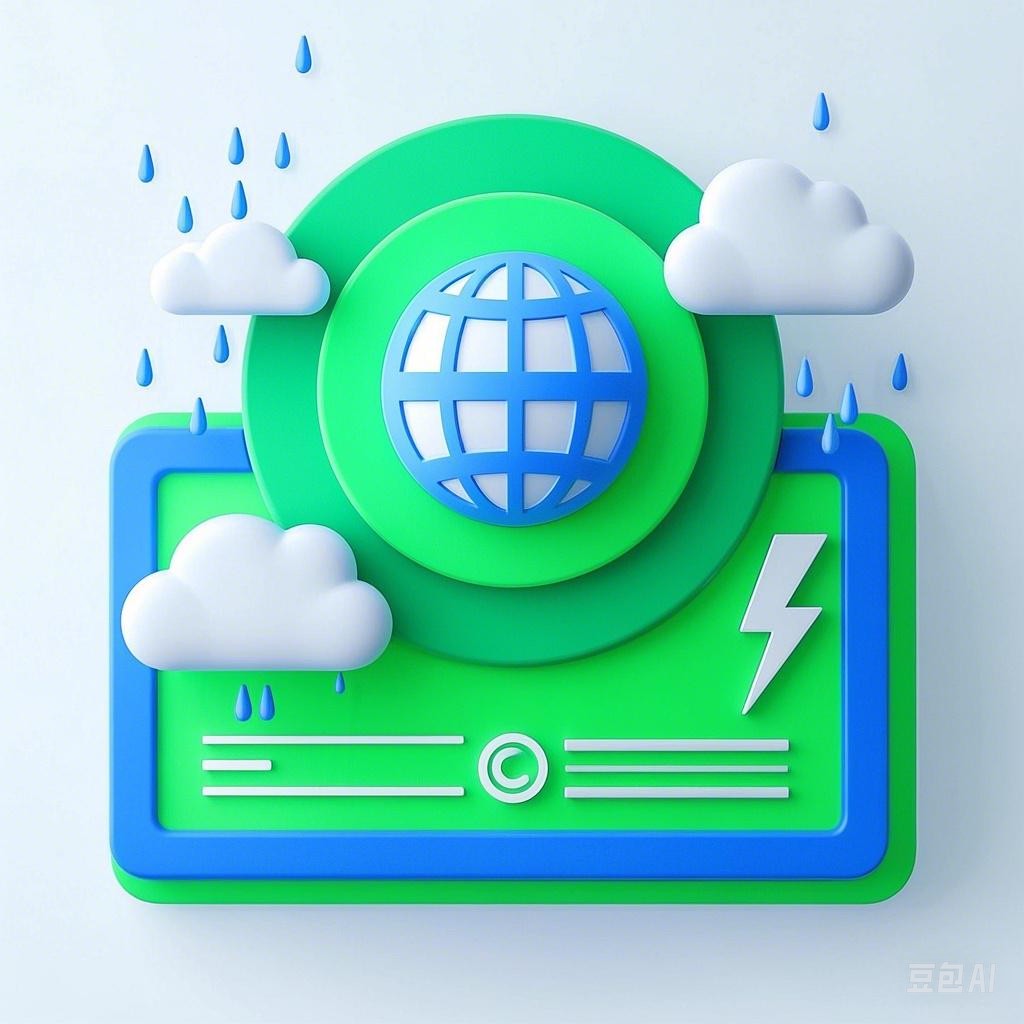Natural disasters can strike without warning, and being able to communicate effectively during such times is crucial. Whether you are a foreigner living in an area prone to natural disasters or simply someone looking to be prepared, understanding the language used to discuss these events is essential. This article will guide you through a variety of English expressions related to natural disasters, helping you survive the storm with confidence.
Understanding Natural Disasters
Before diving into the expressions, it’s important to have a basic understanding of the different types of natural disasters:
- Earthquakes: Sudden shaking of the ground caused by the movement of tectonic plates.
- Floods: Overflow of water onto normally dry land.
- Hurricanes/Typhoons: Large swirling storms over tropical oceans.
- Wildfires: Uncontrolled fires that spread across vegetation.
- Tsunamis: Waves of water caused by underwater disturbances.
Essential Expressions
Earthquakes
- Earthquake: The shaking of the ground.
- “We just experienced a strong earthquake.”
- Quake: Another term for earthquake.
- “The quake caused significant damage to the buildings.”
- Landslide: The sliding of rock or earth down a slope.
- “Heavy rains triggered a massive landslide in the area.”
Floods
- Flood: Overflow of water onto dry land.
- “The river burst its banks, leading to widespread flooding.”
- Deluge: A great flood.
- “The area was hit by a devastating deluge.”
- Submerge: To be covered with water.
- “Many homes were completely submerged.”
Hurricanes/Typhoons
- Hurricane: A tropical storm with winds exceeding 74 mph (119 km/h).
- “The hurricane made landfall, causing massive destruction.”
- Typhoon: A tropical cyclone in the Pacific Ocean.
- “The typhoon brought torrential rains and strong winds.”
- Cyclone: A large system of swirling air, usually accompanied by rain, thunderstorms, and strong winds.
- “The cyclone caused power outages and widespread damage.”
Wildfires
- Wildfire: A fire that spreads quickly through forests or grasslands.
- “The wildfire was fueled by strong winds and dry conditions.”
- Blaze: A fierce fire.
- “The blaze destroyed entire neighborhoods.”
- Conflagration: A great fire.
- “The conflagration was visible from miles away.”
Tsunamis
- Tsunami: A series of large ocean waves caused by an underwater disturbance.
- “The earthquake triggered a tsunami, causing panic and chaos.”
- Wave: A disturbance on the surface of a body of water.
- “The wave was so high that it washed away cars and homes.”
- Surge: A sudden rise in water level.
- “The surge caused widespread flooding in coastal areas.”
Useful Phrases
- Emergency services: Agencies responsible for responding to emergencies.
- “Emergency services have been deployed to assist those affected by the earthquake.”
- Evacuation orders: Instructions to leave a particular area.
- “Evacuation orders have been issued for low-lying areas.”
- Shelter in place: Stay indoors and remain safe.
- “If you are unable to evacuate, it is important to shelter in place.”
- Search and rescue operations: Efforts to find and save people in distress.
- “Search and rescue operations are underway in the affected areas.”
Conclusion
Understanding English expressions related to natural disasters is essential for effective communication during emergencies. Whether you are preparing for a potential disaster or responding to an ongoing event, being familiar with these terms and phrases can help you stay safe and informed. Remember, preparation is key to surviving the storm.
